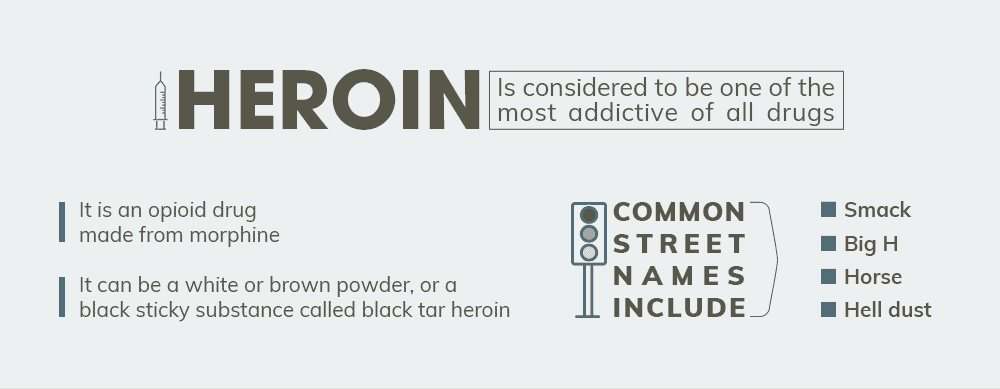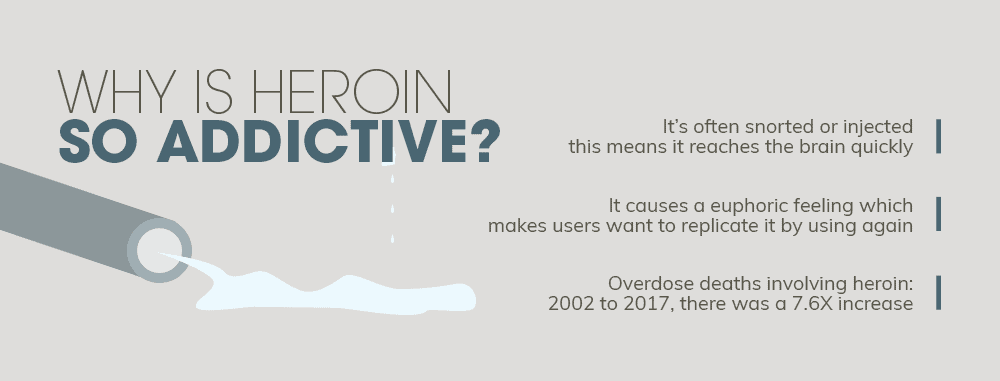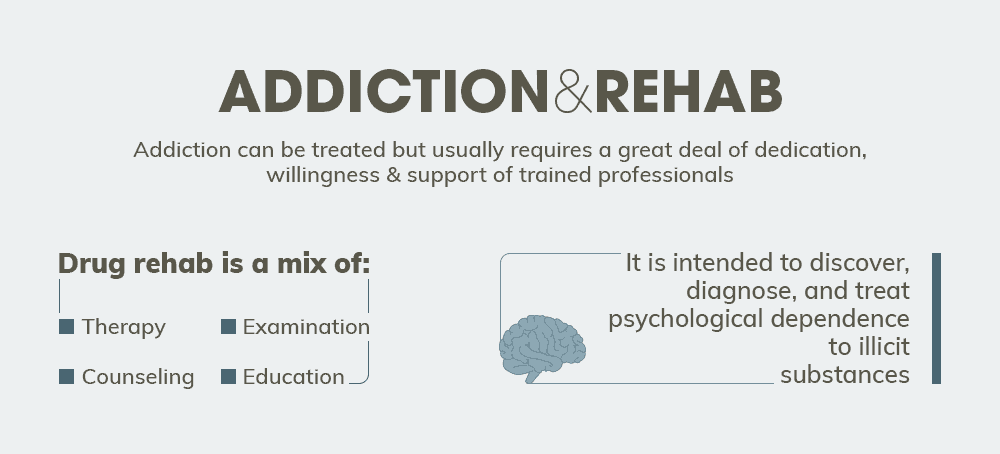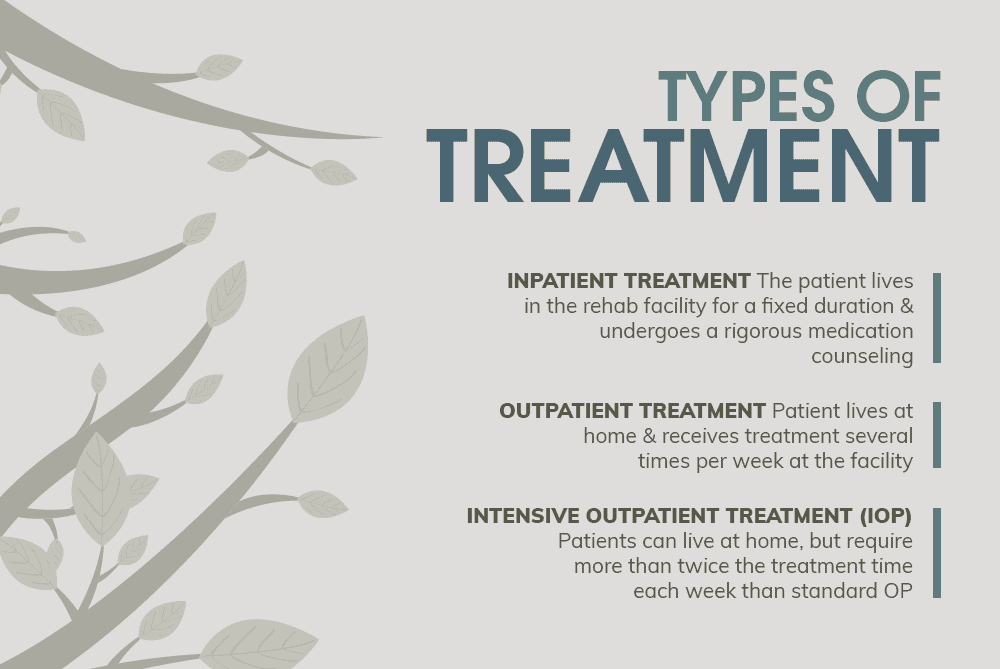You may have read stories about heroin addiction, and you wonder why is heroin so addictive? A common belief about this drug is that it is in a class of drugs all by itself. Heroin has the status of superpower. Dangerous and powerful, heroin is considered to be one of the most addictive of all drugs. Even the name comes from a German word meaning “heroic, strong.” To give so much credit to a powdery substance might seem to be a bit over the top. But in reality, heroin is so addictive that many people who take the drug recreationally find out quickly that they are hooked. In fact, it can happen with just one use. The risk of overdose is high with the number of deaths in 2013 almost four times what they were in 2002. If you’ve been using heroin or have a family member who is using, you may want to know how to help them. First, you need to understand the power of this drug and how it affects your system. You should also learn about the help that is available because it is possible to kick your addiction if you know where to go for treatment.
How the Brain Functions
To better understand how addiction happens, we need to take a look at the part the brain plays in controlling our lives. The brain is like a central control tower, sending signals to all other parts of the body. The brain is responsible for keeping us alive! Recent studies have given us new insights as to how the brain functions. The brain makes the chemicals that control how we feel. Feelings influence our choices. Pain and pleasure are the two biggies. A healthy brain keeps these two feelings in balance so one can survive and be happy. There is an area of the brain called the nucleus accumbens. This part of the brain is the central control for making and sending out the chemicals dopamine and serotonin. These two chemicals could be described as the feel–good and feel–satisfied chemicals. Without a good supply of dopamine and serotonin, a person would not be able to experience feelings of pleasure or pain. Dopamine works to dull pain. Serotonin is the chemical that helps us calm down and feel happy.
“Get the help you need today. We offer outpatient assistance, so you can maintain your work, family, and life commitments while getting the help you deserve!”
Our thoughts have a lot of influence on how our brains respond. An example might be when you are looking at a dessert menu and anticipating what you would like to order. The chemical reaction in your brain will begin the process for you to feel pleasure and to feel satisfied. The same sort of response happens when we get hurt. The brain sends signals to dull the pain, so you can respond appropriately to the trauma. Feelings produced naturally are in proportion to the intensity of the moment.
What is Heroin and Why is It So Addictive?
Heroin is made from morphine, which is derived from the poppy plant. It’s an opioid drug that comes in various forms. While it’s most recognizable as a white powder, it can also be a brown powder or a sticky substance that is dark, labeled as black tar heroin. This drug is often snorted or injected, which means it reaches the brain faster than most medications which are swallowed. The chemicals in the heroin attach to the cells in the brain and cause a euphoric feeling. This feeling is pleasurable to the user who then seeks to replicate it by using again. Thoughts and actions trigger the brain to respond. Drugs like heroin also trigger these same responses, but the surge of chemicals stimulated by drugs is much more intense. The response to heroin is faster and longer lasting. Eventually, the brain will become exhausted because the drugs force the brain to work harder and faster than humanly possible. Over-stimulation causes the brain to slow down. It will no longer produce the chemicals that create feelings of happiness and pleasure. Instead, it will become dependent on the drug to make the chemical reaction happen. Don’t blame your brain though, it can only be a brain. It learns to let the drug have its way. Heroin is very addictive because it takes over the brain by storm. It will take some time for it to recover. Quitting heroin can be hard, and maybe risky if done without medical supervision.
Increasing Heroin Addiction by Mixing It with Other Drugs
Heroin is often not used alone. It’s part of a combination of drugs the addict uses to get high. Sometimes, the drug is mixed with another substance when it’s made. The dealer does this to stretch their supply and to make more money. However, it’s also just as common for the user to mix it with other drugs for a more intense experience. As the body develops a tolerance to the heroin, it will take more for the person to attain the high they are seeking. They may turn to another drug to help them get this effect. Heroin depresses the central nervous system and users may look for another drug to do the same thing. They will often turn to a depressant like Fentanyl or OxyContin that are painkillers and known to help a person relax. When the two substances are combined, it can lead to a slowed heart rate and shallow breathing. The risk for a coma or even death increases dramatically with this combination. 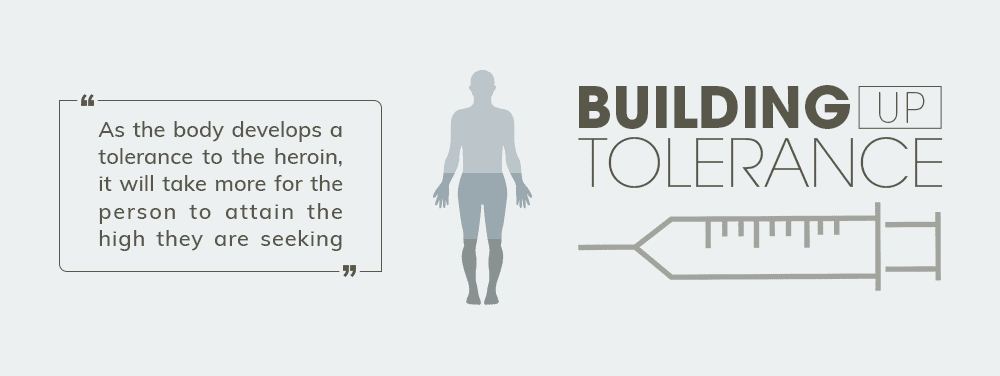 Some users choose to mix heroin with a stimulant like meth. Meth excites the nervous system while heroin relaxes it. The two together can mask the symptoms of the other. Which can lead to an overdose because you take more to get high, not realizing when you have taken too much. Cocaine is a stimulant commonly mixed with heroin, and this combination is known as a speedball. If you or a loved one are mixing heroin with another substance, you should be aware of the risks in this activity. Not only can it increase your likelihood of heroin addiction, but it can also lead to many complex health problems and even death.
Some users choose to mix heroin with a stimulant like meth. Meth excites the nervous system while heroin relaxes it. The two together can mask the symptoms of the other. Which can lead to an overdose because you take more to get high, not realizing when you have taken too much. Cocaine is a stimulant commonly mixed with heroin, and this combination is known as a speedball. If you or a loved one are mixing heroin with another substance, you should be aware of the risks in this activity. Not only can it increase your likelihood of heroin addiction, but it can also lead to many complex health problems and even death. 
“We accept many health insurance plans. You can get your life back in order with our outpatient program today!”
Is There a Cure for Heroin Addiction?
If heroin is so addictive, you may wonder if there’s a cure for this problem. Technically, the answer is “no” but it’s not that simple. While addiction cannot be cured, it can be managed. In fact, many options have been developed to help with management of heroin abuse and other opioid addictions.
Detox is Essential
You must cleanse your system of the drug before you can do anything else. This is called detoxing, and it involves stopping the use of the drug and letting your system return to normal. Since the brain has stopped producing its own chemicals for pleasure and happiness, it relies on the drug. When the drug isn’t in the system, you experience withdrawal symptoms. During detox, you go through these symptoms until your body learns to function normally again. However, the detox process does come with some help if you go to a drug treatment center. 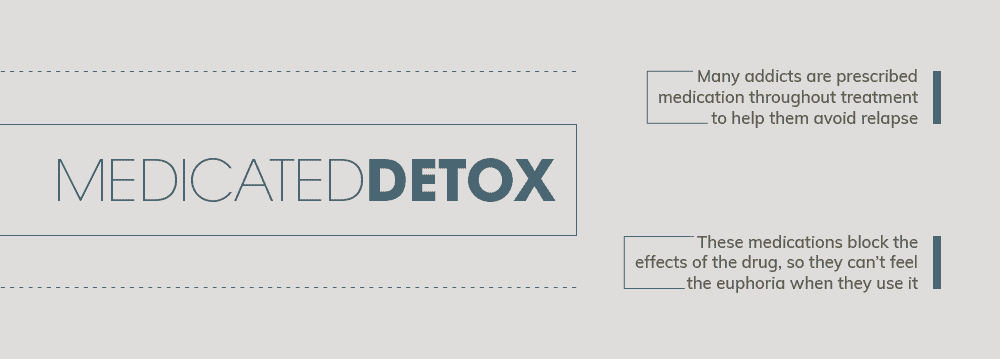 Medications may be given to help with the symptoms of withdrawal. Some of these medications are also opioids that mimic the euphoria provided by the heroin but with less intensity. When you take this medication, it tricks the brain into thinking you’re still using so it won’t go into withdrawal. The dosage is gradually reduced until you no longer need it. Because the symptoms of withdrawal are so intense for heroin users, they may avoid getting help. With medical detox, they aren’t as afraid of what will happen during detox. Withdrawal from heroin is like having a bad flu along with irritability, depression, anxiety and paranoia. It’s no wonder addicts want to avoid this condition.
Medications may be given to help with the symptoms of withdrawal. Some of these medications are also opioids that mimic the euphoria provided by the heroin but with less intensity. When you take this medication, it tricks the brain into thinking you’re still using so it won’t go into withdrawal. The dosage is gradually reduced until you no longer need it. Because the symptoms of withdrawal are so intense for heroin users, they may avoid getting help. With medical detox, they aren’t as afraid of what will happen during detox. Withdrawal from heroin is like having a bad flu along with irritability, depression, anxiety and paranoia. It’s no wonder addicts want to avoid this condition.
Drug Rehab for a Heroin Addict
Once you’ve made it through detox, you may start to feel better. Your brain is clearer and you have more energy. It will take some time for everything to return to normal, especially if you’ve been using for a long time. Some damage may even be permanent. However, you’re now on the road to a healthier version of you. It’s time for the next step which is drug rehab. You’ll need to learn about your addiction and determine what caused you to start using. This is an important component to recovery because you want to avoid the same thing in the future. You may need to address issues in therapy to deal with your addiction problem. Many heroin addicts are prescribed medication throughout treatment to help them avoid relapse. These medications block the effects of the drug, so they can’t feel the euphoria even if they do use. It can even make them sick if they try. There is a risk of a secondary addiction because many of these medications are similar to heroin. Another approach in addiction treatment is the holistic method. A focus is made on helping the addict become healthier through nutrition and exercise. They also treat the entire person by working on their emotional issues and family or other relational problems through family therapy. These programs may provide social interaction and physical activities like yoga and hiking as well as community involvement through volunteering. The idea is that when you treat the entire person, they won’t need the artificial high the drug gives them. They will develop self-confidence and strength to stay away from the drugs and manage life’s stresses in a positive way.
Getting Help for an Addiction to Heroin
If you or a loved one is addicted to heroin, you must get help through a drug addiction treatment center. You can find inpatient or outpatient programs to help you begin recovery. Inpatient programs allow you to stay in the facility while you go through therapy and other treatments. You can focus on getting well without any distractions or negative factors. For some, outpatient rehab is the only option. They may have family to care for or a job they must consider. Outpatient programs will work around their schedule while they attend therapy on a regular basis. For outpatient treatment to work, you must be dedicated and have a strong support system from family and friends. However, it can be beneficial to help you become drug-free while dealing with your other obligations.
“We treat both addiction and co-occurring disorders and accept many health insurance plans. Take a look at our outpatient program today!”
If you are ready to seek help for your heroin addiction, visit Ashwood Recovery. Our modern facility is inviting and comfortable and you can get the help you need throughout intensive outpatient program. If you need more assistance than what we can provide, we’ll be happy to recommend an inpatient treatment center. We use a variety of programs that are tailored to your individual needs. They include group and individual therapy, 12-step program, trauma resolution and family counseling. We’ll assess your needs at the beginning and design a plan that is specifically for you. You’ll attend three sessions a week that are 9 hours or more in total to provide the support you need to maintain recovery and manage your addiction. With family therapy, you can restore broken and damaged relationships which will also build your path to success. Our staff is trained in heroin addiction and understands why this drug is so addictive. As a result, we have a program that will help you break free from that addiction and live a normal, successful life for the long-term. Please get help if you have an addiction to heroin. Call Ashwood Recovery to begin your journey to sobriety.
What Did you Think About This Blog?
Give it a Rating!

